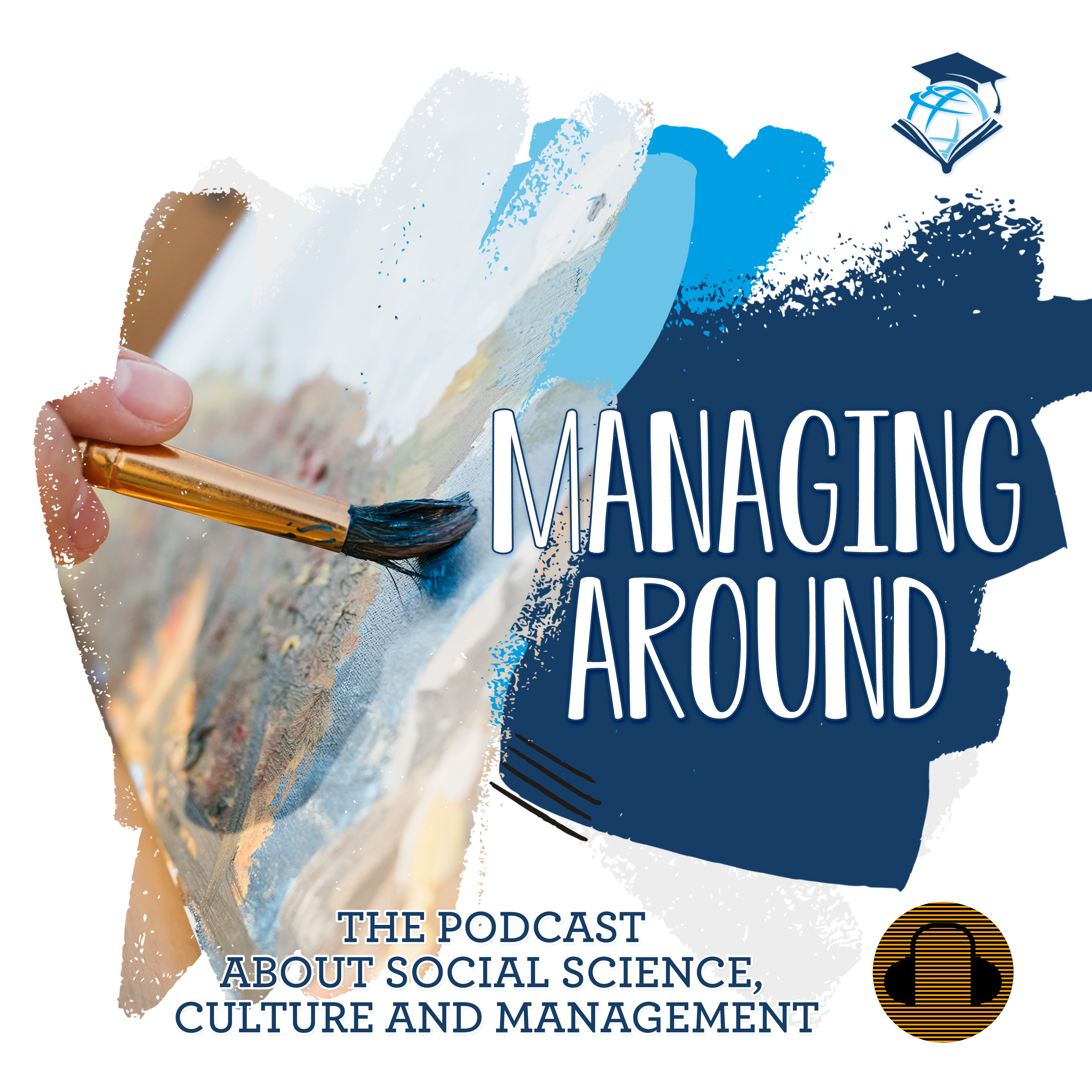Virtual collaborative learning and teaching benefits from using immersive technologies. It helps to develop key competencies in learners, such as collaboration, virtual communication, and problem-solving skills, and social and digital skills. Virtual Reality or VR that uses information technology and behavioural interfaces to simulate the individual behaviour in the virtual world supports experiences of immersion and presence. Based on such technology and its uses in higher education, we conducted an Erasmus+ project at your university together with three other European universities from Cyprus, France, and Germany in the field of hospitality and tourism management. The so-called Hotel Academy project aimed at the development of a joint curriculum for a VR role play that allows for virtual interdisciplinary, international, and intercultural collaboration. Based on research in this project, we developed cross-institutional blueprints to support the adoption of VR scenario also at other European universities. In this episode of Managing Around, I will first make you familiar with the project and then describe what these blueprints are. I hope that this can inspire you to do similar things in your teaching or EdTech projects.
Reference:
Arnold, M., & Jung, S. (2022). Developing Blueprints for the Implementation of Virtual Reality Role-Play to Improve Communication and Digital Skills in Transnational Collaborative Learning. Proceedings of the International Conference on Education, 8(1), 86-95. https://doi.org/10.17501/24246700.2022.8107
For more information, visit my blog: maik-arnold.de Thank you for listening. If you liked this episode, please leave a review on the iTunes / Apple Podcasts website. If you’ve got any thoughts on this episode, or if you’ve got an idea about new podcast topics or questions you’d like us to discuss, send an audio file or voice note to hi@profmanagement.de. For any non-audio comments, drop a tweet or DM to @profmanagement on Twitter or Instagram, please.

